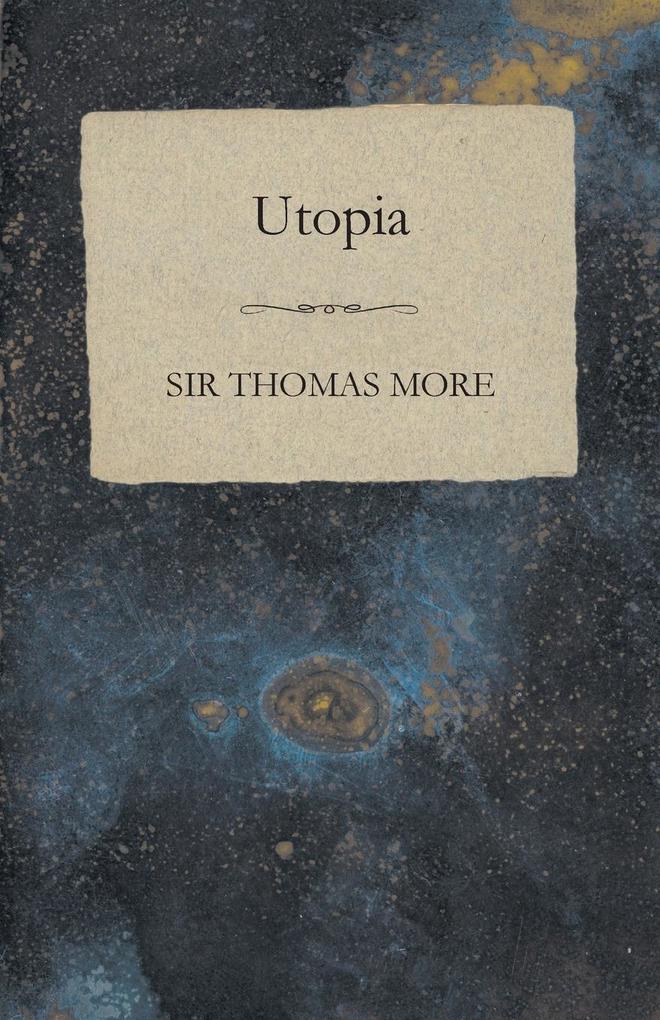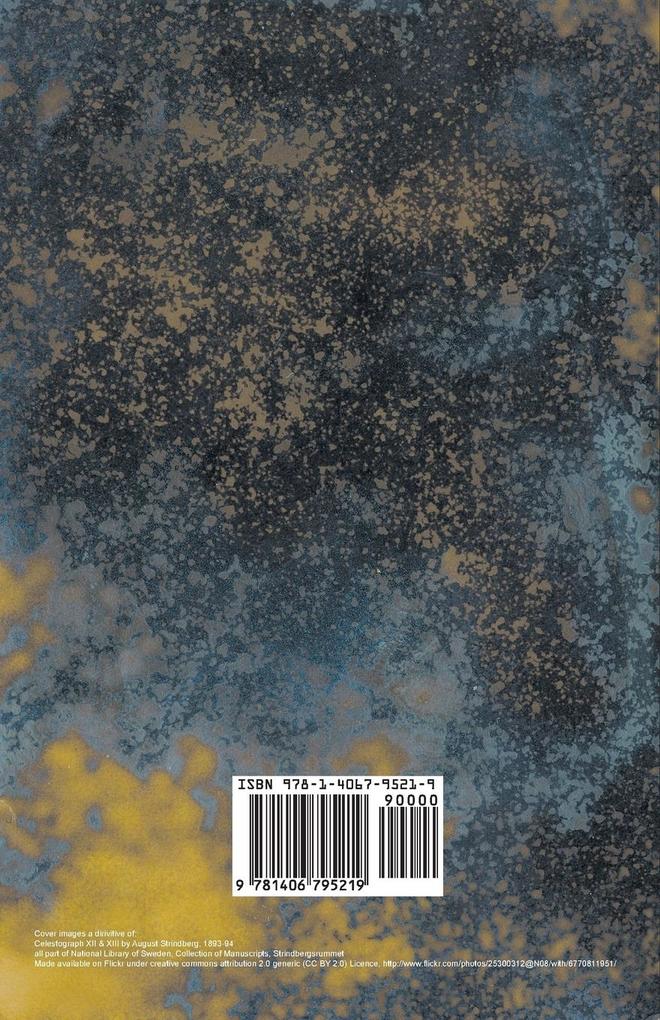
Zustellung: Mo, 05.05. - Do, 08.05.
Versand in 6 Tagen
VersandkostenfreiBestellen & in Filiale abholen:
This vintage book contains Thomas Moore's 1516 novel, "Utopia". A fantastic work of political philosophy, it centres on a fictional island and its religions, culture, and politics - a model for an ideal political system. This book is highly recommended for fans of utopian fiction, and will be of special utility to students of philosophy. Sir Thomas Moore (1478-1535) was an English philosopher, lawyer, author, and noted Renaissance humanist, who opposed Henry VIII's marriage to Anne Boleyn. Many antiquarian books such as this are becoming increasingly rare and expensive. We are republishing this volume now in an affordable, modern, high-quality edition complete with a specially commissioned new biography of the author.
Mehr aus dieser Reihe
Produktdetails
Erscheinungsdatum
01. Januar 2006
Sprache
englisch
Seitenanzahl
158
Reihe
Dover Thrift Editions: Philosophy
Autor/Autorin
Thomas More
Verlag/Hersteller
Produktart
kartoniert
Gewicht
208 g
Größe (L/B/H)
216/140/9 mm
ISBN
9781406795219
Entdecken Sie mehr
Bewertungen
0 Bewertungen
Es wurden noch keine Bewertungen abgegeben. Schreiben Sie die erste Bewertung zu "Utopia" und helfen Sie damit anderen bei der Kaufentscheidung.





















